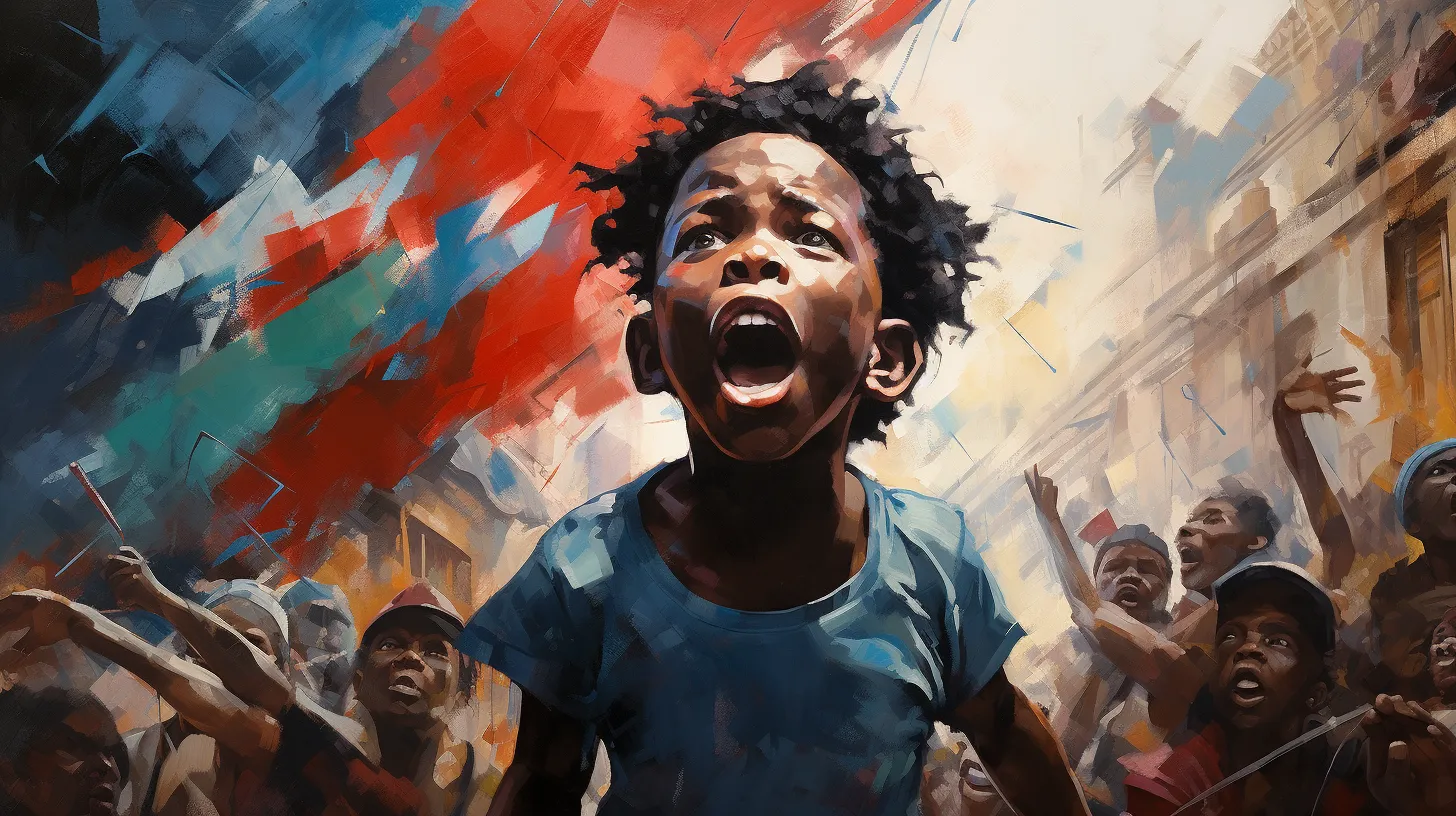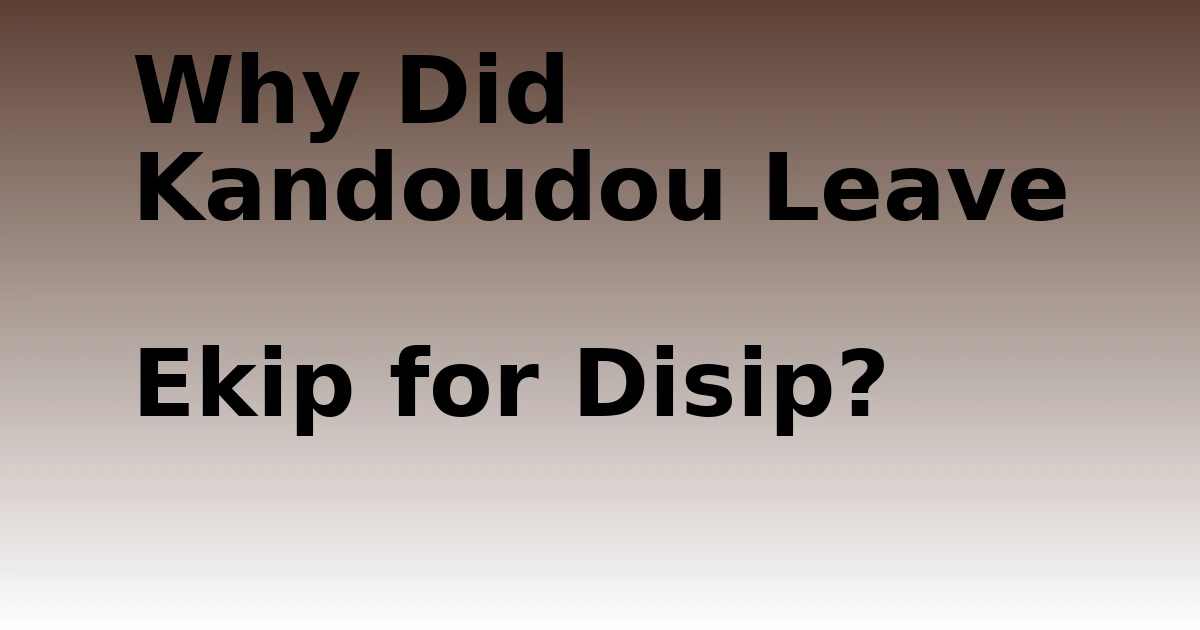
Scholars and enthusiasts have long been enamored with Haitian Vodou, a profound spiritual tradition with roots in African kingdoms and influences from Amerindian and Catholic elements.
This article aims to provide a comprehensive understanding of the mysteries and magic of Haitian Vodou, exploring its origins, influences, and various aspects.
Despite facing challenges, including a disinformation campaign, Vodou remains an important cultural practice in Haiti.
By shedding light on this often misunderstood tradition, we aim to foster a deeper appreciation for its significance and complexity.
- Haitian Vodou is a creolized spiritual practice that incorporates African, Amerindian, Catholic, and Masonic influences.
- Vodou priests and priestesses are respected figures in their communities, providing guidance, settling disputes, and offering herbal healing.
- There was a deliberate cultural disinformation campaign against Vodou during the US occupation of Haiti, spreading anti-Vodou propaganda.
- Vodou lwa are divided into branches or nations, with Rada and Petwo being the most prominent, each with their own characteristics and rituals.

Although Haitian Vodou is a creolized version that incorporates Amerindian Taíno and Arawak deities, Medieval Catholic influences, and Masonic rituals, its origins can be traced back to the African kingdoms of Fon and Kongo around 6,000 years ago.
This rich spiritual practice is a result of cultural assimilation and spiritual syncretism, blending various influences over centuries.
Vodou emerged as enslaved Africans brought their traditional beliefs and practices to the island of Hispaniola, where they encountered the Taíno and Arawak peoples.
The blending of these cultures, along with the introduction of Catholicism and Masonic rituals by the French and Spanish colonizers, gave rise to the unique and vibrant tradition of Haitian Vodou.
This fusion of diverse elements reflects the resilience and adaptability of the African diaspora, which creatively preserved their heritage in the face of oppression.

The deliberate spread of anti-Vodou propaganda during the US occupation of Haiti between 1915 and 1934 tarnished the reputation of Vodou by portraying it as cruel, sinister, and bloody, thereby undermining the spiritual practice’s significance.
This cultural disinformation campaign had a profound cultural impact, perpetuating misconceptions and stereotypes about Vodou. Books and movies depicted Vodou as evil and associated it with devil worship. One such example is the movie ‘White Zombie’, which portrayed Vodou priests and resistance fighters as bloodthirsty and deceptive.
This misrepresentation in the media not only distorted the true essence of Vodou but also contributed to the marginalization and stigmatization of its practitioners. It is important to recognize and challenge these narratives to promote a more accurate understanding and appreciation of Haitian Vodou and its cultural significance.
| Misrepresentation in Media | Cultural Impact |
|---|---|
| Deliberate spread of anti-Vodou propaganda | Undermines the significance of Vodou |
| Portrayal of Vodou as cruel, sinister, and bloody | Perpetuates misconceptions and stereotypes |
| The depiction of Vodou as evil and associated with devil worship | Marginalizes and stigmatizes practitioners |
| Distorted understanding and appreciation of Vodou | Hinders cultural understanding and acceptance |

One can gain a deeper understanding of Vodou spirituality by exploring the various branches and aspects of the lwa spirits. These spirits play a central role in Vodou rituals and practices, influencing every aspect of Haitian culture. Here are three key aspects to consider:
- Ritual practices in Vodou:
- Vodou rituals involve offerings, songs, dances, and drumming to communicate with the lwa spirits.
- Hounfors (temples), where oungan and manbo preside over ceremonies, frequently act as a bridge between people and the spirits.
Rituals aim to seek guidance, healing, protection, and blessings from the LWA.
Influence of Vodou in Haitian culture:
- Vodou is deeply intertwined with Haitian identity, shaping beliefs, traditions, music, art, and even political movements.
- The lwa spirits are revered and invoked in everyday life, from birth and marriage ceremonies to agricultural practices and community gatherings.
Vodou provides a framework for understanding and navigating the world, offering solace, empowerment, and a sense of belonging.
The diversity of LWA spirits:
- The lwa spirits are organized into branches or nations, with each branch embodying unique characteristics and powers.
- Rada lwa are associated with harmony, love, and fertility, while Petwo lwa are fiery and associated with power and transformation.
- Each lwa spirit has multiple facets or aspects, representing different qualities and energies that practitioners can invoke depending on their needs.

Makaya and Bizango are secret societies in Vodou that employ dark magic and sorcery. They use curses and incantations to cause harm and perpetuate misconceptions about the true nature of Vodou.
These secret societies have their origins in the historical impact of Vodou’s interaction with other cultures and practices. Bizango, for example, originated from a blend of West African and European necromancy brought to Hispaniola by colonizers.
Makaya, on the other hand, is believed to be a merging of Amerindian shapeshifting and ritual secrets with the imported West-African Bo.
While these secret societies are often mistakenly associated with Vodou, they have caused confusion and perpetuated stereotypes about this spiritual practice.
It is important to differentiate Vodou from black magic, as Vodou’s focus is on supporting and guiding life, while practices like curses and revenge rituals fall outside its realm.
Understanding the origins and historical impact of dark magic in Vodou is crucial in dispelling misconceptions and promoting a more accurate understanding of this rich and complex spiritual tradition.

In order to dispel misconceptions, it is crucial to differentiate Vodou from black magic by understanding its focus on supporting and guiding life, as opposed to practices like curses and revenge rituals. Exploring Vodou’s healing practices and understanding the role of spirits in Vodou rituals can provide a clearer understanding of this misunderstood religion.
Healing Practices: Vodou priests and priestesses play a vital role in providing guidance and healing to their communities. Through herbal remedies, prayers, and rituals, they seek to restore balance and well-being in the lives of their followers. This focus on healing reflects the positive and life-affirming nature of Vodou.
Role of Spirits: Vodou acknowledges the presence and influence of spirits, known as lwa, in its rituals. These spirits are not evil or malevolent entities but rather powerful beings that can be invoked to bring blessings, protection, and guidance. By understanding the role of spirits in Vodou rituals, one can appreciate the reverence and respect practitioners have for these spiritual forces.

Haitian Vodou practitioners engage in rituals and practices that involve invoking spirits for guidance and protection, as well as connecting with the spiritual realm through the use of offerings and ceremonial objects.
Music and dance play a significant role in Vodou rituals, serving as channels for spiritual communication and expression. Drumming, singing, and dancing create a rhythmic and energetic atmosphere that facilitates the presence of the spirits. The music and dance in Vodou ceremonies are not mere entertainment but are deeply symbolic and meaningful.
Each rhythm and movement carries spiritual significance, representing specific lwa or aspects of the divine. The symbolic gestures and steps performed during the dances convey messages, honor ancestors, and invoke the power of the spirits.
Through music and dance, Vodou practitioners establish a profound connection with the spiritual realm, fostering a sense of unity and spiritual growth.

There are three important aspects to consider regarding the role of Oungan and Manbo in Vodou: their spiritual leadership, their guidance in rituals and practices, and their ability to connect with the spirits for healing and resolution.
Community leaders, healers, and spiritual guides: Oungan and Manbo hold a significant position in Haitian Vodou communities. They serve as leaders, providing guidance and support to their followers. They are respected for their knowledge of Vodou rituals, practices, and the spirits (lwa). Oungan and Manbo play a crucial role in maintaining the spiritual well-being of their communities.
Influence of African, Amerindian, and Catholic traditions on Haitian Vodou: Vodou is a syncretic religion that blends various cultural influences. African traditions, brought by enslaved Africans, form the foundation of Vodou. Amerindian and Catholic traditions also played a role, resulting in a unique fusion of beliefs and practices. Catholic saints are often associated with Vodou spirits, creating a harmonious coexistence of African, Amerindian, and Catholic elements.
Healing and resolution through spiritual connection: Oungan and Manbo possess the ability to connect with the spirits (lwa) through rituals and ceremonies. They serve as intermediaries between the human realm and the spiritual realm. Through their connection with the spirits, Oungan and Manbo are able to provide healing, guidance, and resolution to individuals and communities in need.
The role of Oungan and Manbo in Vodou encompasses spiritual leadership, guidance in rituals and practices, and the ability to connect with the spirits for healing and resolution.
Their contributions as community leaders, healers, and spiritual guides are crucial in maintaining the well-being of Vodou communities. The syncretic nature of Haitian Vodou, influenced by African, Amerindian, and Catholic traditions, adds to the richness and complexity of its practices.
By connecting with the spirits, Oungan and Manbo are able to offer healing and resolution to those seeking their guidance.

With its rich syncretic traditions and strong spiritual leadership, Haitian Vodou continues to hold contemporary significance, fostering healing and resilience in communities while challenging misconceptions.
Despite the negative portrayals in popular culture, Vodou is a profound and complex spiritual practice that has evolved over centuries. Its rituals have adapted to reflect the changing needs of Haitian society, incorporating new elements while retaining its core beliefs.
Vodou provides a sense of identity and belonging, empowering individuals to seek healing and guidance from the spirits (lwa) through the guidance of oungan and manbo. By embracing their cultural heritage, Vodou practitioners find strength and solace in their communities.
It is important to dispel misconceptions and recognize the evolving rituals of Haitian Vodou, acknowledging their contemporary significance in promoting healing and resilience.



